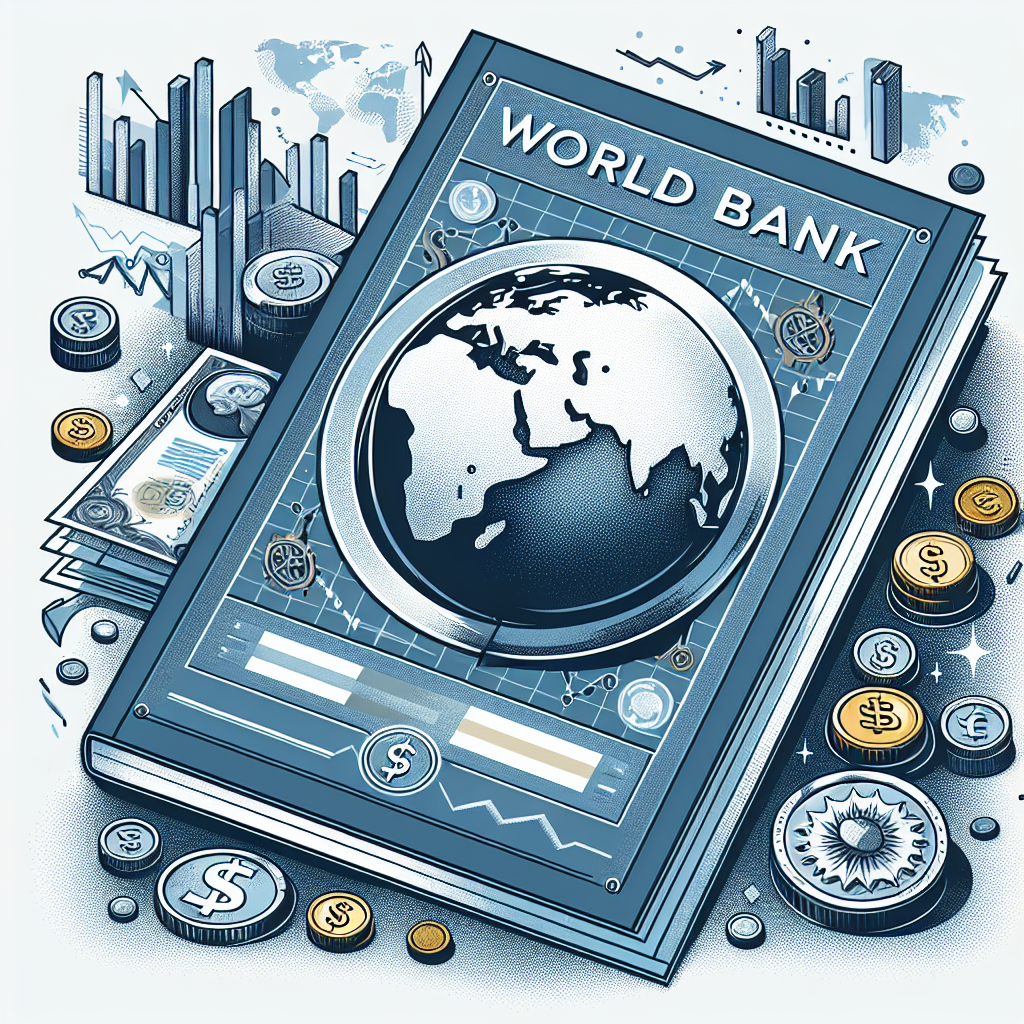Mongolia is at a critical juncture as it faces growing challenges from climate change and the global shift towards a low-carbon economy. A new World Bank Group report underscores the need for urgent climate resilience efforts while transitioning away from coal, a key pillar of Mongolia's economy.
The Mongolia Country Climate and Development Report (CCDR) outlines a comprehensive strategy that complements Mongolia’s existing climate and development goals, offering a path to balance environmental concerns with economic growth.
“Climate action, while challenging, offers Mongolia important development opportunities,” said Mara K. Warwick, World Bank Country Director for China and Mongolia. “A strategic approach that addresses both climate concerns and economic development can help the country move toward a sustainable, diversified, inclusive, and resilient future.”
Increasing Climate Risks
Natural disasters like dzuds—extreme weather events characterized by frigid temperatures and heavy snowfall—and floods are becoming more frequent in Mongolia, threatening the country’s livelihoods and development. Climate projections show that these risks will worsen by mid-century, with dzuds and floods likely to become more frequent and severe.
Additionally, Mongolia’s dependence on coal exports poses significant economic risks. As global demand for fossil fuels declines in the shift toward cleaner energy, Mongolia could face reduced demand for its coal, jeopardizing its economic stability.
Economic Impact and Necessary Investments
Simulations indicate that, without adaptation measures, Mongolia could lose up to 20% of its annual economic output over three years if high-impact climatic and economic events converge. This could lead to rising unemployment, falling incomes, and increased poverty.
“To meet Mongolia’s climate and development goals, over $10 billion in investment is needed over the next 25 years,” said Kim-See Lim, IFC’s Regional Director for East Asia and the Pacific. She stressed the importance of fiscal and policy reforms to attract private capital and accelerate Mongolia’s energy transition. IFC remains committed to developing Mongolia’s sustainable finance market.
Green Transition and Recommendations
Mongolia has pledged to reduce greenhouse gas (GHG) emissions by 22.7% by 2030 compared to baseline scenarios, although this still reflects a 122% increase in emissions since 2010. While Mongolia is making progress towards a green transition, greater efforts are needed to reduce emissions and build nature-based carbon sinks. Currently, Mongolia ranks ninth globally in per capita emissions.
The report recommends several key short- and medium-term policy actions to balance climate and economic priorities:
Boost Rural Climate Resilience: Optimize natural capital management, reform agricultural incentives and taxes, improve agricultural water use efficiency, and restore forests to reduce emissions and enhance climate resilience in rural areas.
Prepare for Reduced Coal Demand: With global coal demand expected to fall by the 2040s, Mongolia must position itself as a global supplier of other valuable minerals like copper, offering new economic opportunities.
Energy Reforms: Implement electricity and heating tariff reforms to reduce subsidies, invest in energy efficiency, expand energy storage, and improve grid capacity for wind and solar energy deployment.
Enhance Disaster Preparedness: Recalibrate disaster response financing, improve disaster preparedness in rural areas, and monitor adaptation and decarbonization efforts more effectively.
As Mongolia navigates these complex challenges, the World Bank Group report highlights that well-planned climate action can help ensure the country’s long-term development, economic diversification, and resilience.











